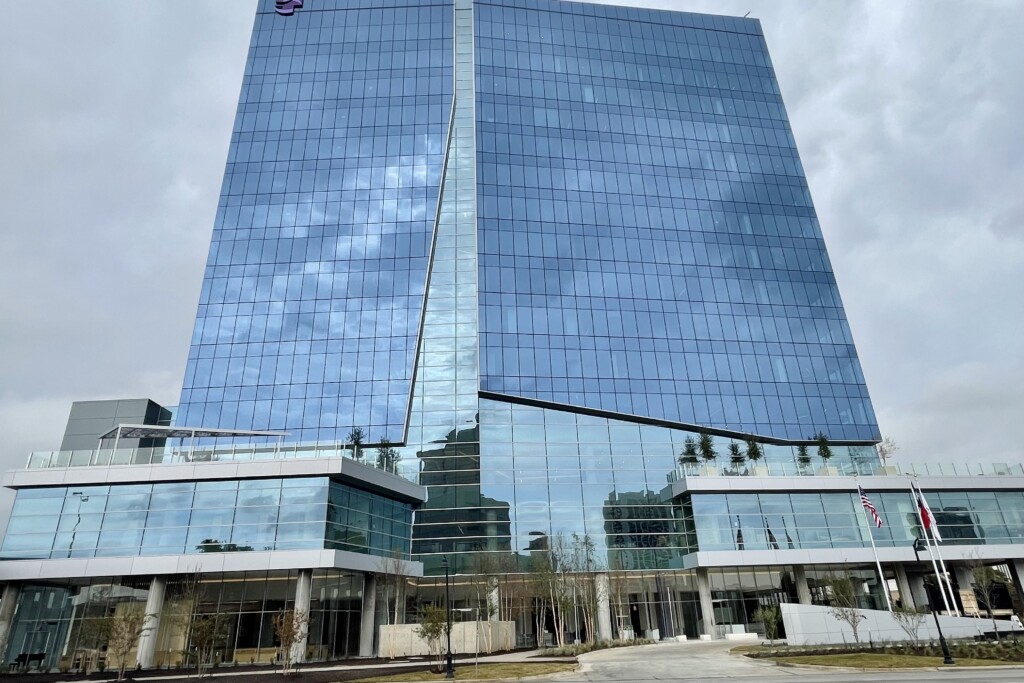The Lown Institute says Irving-based CHRISTUS Health invests more in the community than almost any other system in the country. Across CHRISTUS’ 20-hospital system, the system spent $108 million more on financial assistance and community investment than the value of its tax exemptions, making it one of the top systems in the country for investing in the community relative to its tax break.
The nonpartisan think tank created the Fair Share Spending report to measure which hospitals were justifying their tax-exempt status as nonprofits. As D CEO Healthcare has noted, it can be difficult for the average patient or observer to differentiate between a nonprofit and for-profit hospital, and North Texas is home to nonprofit health systems whose profit margins rival those of their for-profit counterparts. The report answers the question: what is society getting from the tax breaks given to nonprofit health systems?
Lown analyzed the IRS forms for 2021 for more than 2,400 nonprofit hospitals and calculated fair share spending by comparing spending on financial assistance and community health investments to the estimated value of its tax exemption. Overall, the country’s health systems didn’t score well in Lown’s rankings. The institute found that 80 percent of hospitals analyzed spent less on financial assistance and community investment than their tax exemption (what Lown calls a Fair Share Deficit). Additionally, five of the top ten systems with Fair Share Deficits were Catholic.
It wasn’t all bad news for Texas, though. The Lone Star State was one of five states with more hospitals with a community investment surplus than a deficit. CHRISTUS Health’s Texas hospitals were likely a significant factor in the state’s place among those with high numbers of charitable hospitals.
CHRISTUS Health spent $597 million on improving its communities’ health in the last fiscal year, focusing on the poor and marginalized. The system’s CHRISTUS fund supports other non-profits that address the social determinants of health.
“CHRISTUS Health is proud to be recognized as a top health system investing in our communities,” said Ernie Sadau, CEO of CHRISTUS Health. “We look beyond our hospital walls to bring that same compassion, excellence, integrity, stewardship, and dignity to those we are blessed to serve.”
But not everyone is happy about the rankings. American Hospital Association President and CEO Rick Pollack posted a vigorous critique of Lown’s rankings, saying there is “Nothing fair about the Lown Institute’s Faire Share Report.” Pollack claims that Lown selectively relied on isolated data to paint a negative picture of health systems. He highlighted the underpayment of Medicare and Medicaid, COVID-19’s impact on 2021, and how Medicaid expansion impacts different states as reasons to be doubtful of the report’s conclusions.
Pollack also highlighted an EY report that says every dollar invested in nonprofit hospitals results in a $9 benefit back to the community and that nonprofit hospitals provided $120 billion in benefits to their communities in 2020 alone.
Lown President Dr. Vikas Saini says the Fair Share Spending report is needed to draw attention to a health system that has drastically changed since hospitals were small, community-focused, charitable operations. Health systems have an outsized influence on the overall healthcare system. The American Hospital Association spent over $30 million in lobbying Congress in 2023 alone, the third most of any organization.
“In the last 20 to 30 years, the cost of healthcare has been dramatically outpacing inflation. What made sense 100 years ago and what makes sense now are two different things,” Saini says. “We expect something different of nonprofits because we give them a tax break. There’s an expectation that society gets something in return, and we wanted to quantify that.”
There is no set requirement for how much community investment nonprofit systems need to make in their communities. Lown found that the amount ranged from .25 to 8.84 percent of a system’s budget, with an average of 3.87 percent.
“It is the Wild West; things are all over the place,” Saini says. Most hospitals are doing a lot of good things that need more recognition, but the lack of consistency is the main thing we have discovered. It makes sense for citizens and civic leaders to be more interested.”
Some states are working to change that. With the loss of billions in tax dollars from nonprofit health systems in mind, Oregon and Connecticut have passed legislation that increases hospital accountability and creates minimums for meaningful community spending.
“If we’re going to make progress, we have to ask these questions. It’s not going to happen by itself,” Saini says. “It requires people to step up. That includes hospital leadership, other healthcare leaders, clinical leaders, church and local officials, and community organizations. Unless more people step up, we won’t get the kind of health care system we could have.”
Author







